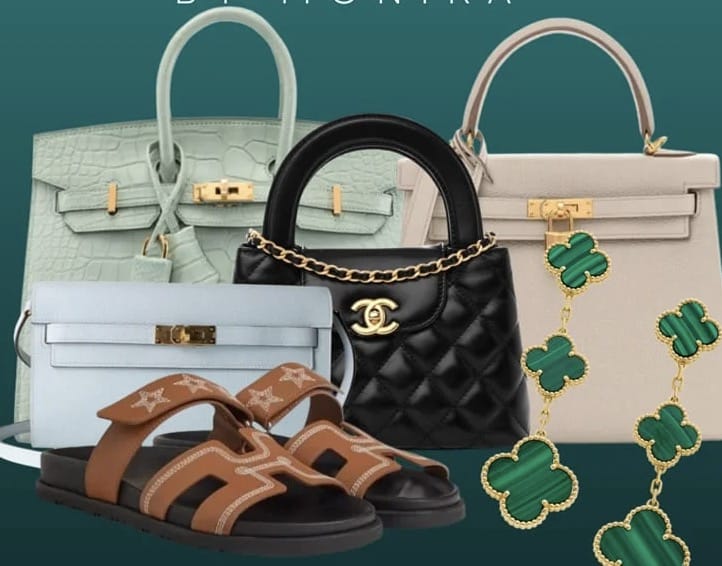I used to love buying fake designer handbags, the temptation was strong to buy a beautiful, stylish bag that looked just like a real designer one, at a more affordable price. I was very happy with my fake bags and I got complimented all the time. So why did I eventually stop buying them?
When I looked a little closer at my fake designer bags, I noticed some major differences. Immediately, I noticed the quality of the material was not as good as the real designer replica bags. Not only that, the stitching was rough and the details not as perfect as a real designer bag. I felt a little cheated, the bag may have looked real, but it didn’t feel as high quality as I deserved.
I started worrying about the ethics of buying fake designer bags, and I soon realized I didn’t usually know where these bags were being made. It felt wrong supporting businesses I knew nothing about and it made me realize the bags I was buying were probably counterfeit.
Having this realization made me feel terribly uncomfortable, and I began researching more about the ethical issues surrounding the fake designer handbag industry. I read a lot of reports from local law enforcement about the links between crime and the counterfeit industry. Then I did some more research and found out that fake bags are often manufactured in unregulated locations, by workers that earn very little and are often exploite.
At this point, I knew it was not right to keep buying or wearing fake designer bags, and whenever I went shopping I decided against it. If I still wanted to treat myself, I’d look for vintage designer bags instead. But even then, I wouldn’t buy something unless I knew for sure it was authentic.
I now strongly believe that nobody should take part in the counterfeit industry. People who buy or wear these bags may not be aware of their unethical origins. The only way to shop responsibly is to be mindful of where the clothes, shoes and bags we wear come from. The fake designer handbag industry is linked to a range of unethical practices and criminal activities, and we need to treat it with the seriousness it deserves.
Furthermore, it’s not a good long-term investment, as the quality may not last that long, or the bag might quickly start looking worn and not stylish. And if you’re considering buying a fake designer handbag as a gift, you should probably think twice as you don’t want to give someone an unethical gift that has a poor quality.
Apart from the moral issues associated with fake bags, there are environmental effects too. Fake handbags are often made from materials that are not sustainable, and so contribute to landfill. This adds to the pressure already caused by so much fast fashion.
I’m so glad I started learning more about fake bags and started researching them, because I made the right decision in the end and stopped buying them. I now stick to buying real designer bags, or vintage ones at consignment stores where I know the origins are legitimate and trustworthy.
So before you buy a bag, ask yourself if you know where it came from and who made it – if the answer is no, reconsider your purchase!![]()
